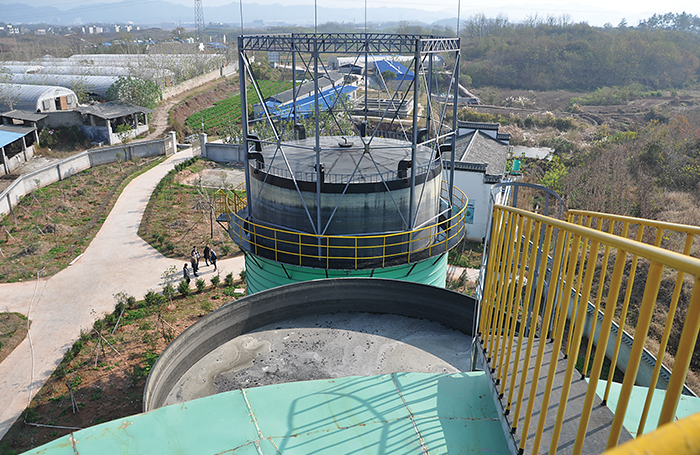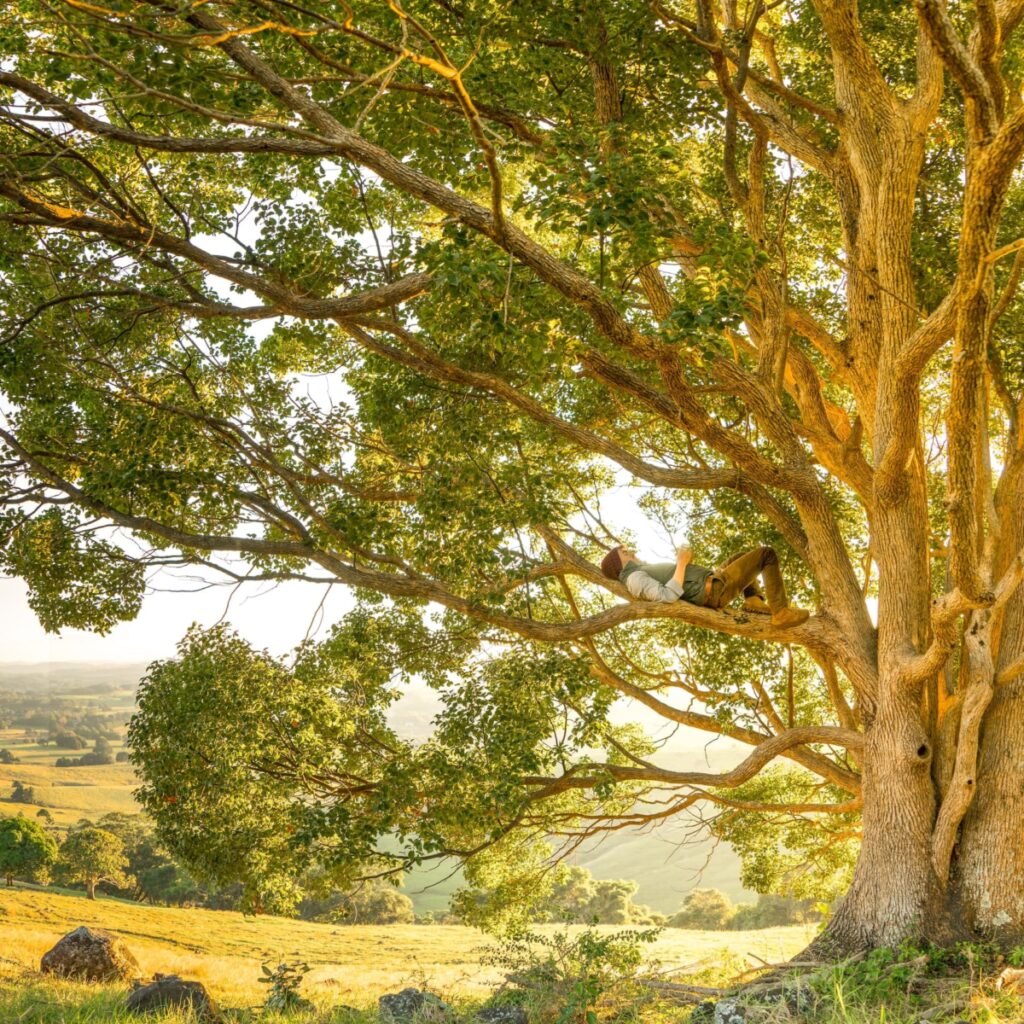In the United States, large scale tree farms are a big business. Trees are grown on these farms and harvested for lumber, paper products, and other uses. The benefits of large scale tree farms are many.
They provide jobs for people in rural areas, they help the economy, and they provide a renewable resource.
Large scale tree farms provide jobs for people in rural areas. These jobs can be in the form of logging, forestry, or working at the sawmill.
This provides employment for people who may not have many other options. It also helps to keep money in the local economy. Large scale tree farms also help to diversify the economy in rural areas.
Another benefit of large scale tree farms is that they provide a renewable resource. Trees can be replanted after they are harvested. This ensures that there is a continual supply of timber and other products made from trees.
If you’re looking for a sustainable source of wood, large scale tree farms are a great option. Tree farms are managed forests that are carefully cultivated to produce timber. They provide many environmental benefits, including reducing greenhouse gas emissions, conserving water and soil, and providing habitat for wildlife.
Large scale tree farms also have economic benefits. They create jobs in rural communities and provide a source of income for farmers and landowners. In addition, the wood from tree farms is often used for construction, furniture making and other wood products industries.
This creates even more jobs and boosts the economy.
So if you’re looking for an environmentally friendly option for your wood needs, consider a large scale tree farm. You’ll be supporting sustainable forestry practices and helping to protect our planet.

Credit: www.wattagnet.com
What are the Benefits of Tree Farming?
If you’re looking for a sustainable way to harvest timber, tree farming is a great option. Not only does it provide a renewable source of lumber, but tree farms can also improve the quality of the air and soil, provide habitat for wildlife, and offer opportunities for recreation. Here are just a few of the benefits of tree farming:
Renewable resource: Tree farms are a sustainable source of lumber. Unlike clear-cutting forests, which can damage ecosystems and take decades to regrow, tree farms are designed to be harvested on a regular basis. This means that they can be managed for long-term production, without damaging the environment.
Improved air quality: Trees act as natural filters, trapping pollutants and dust in their leaves and branches. By planting trees on farmland or in urban areas, you can help improve local air quality.
Soil stabilization: Trees roots help stabilize the soil, preventing erosion and runoff during heavy rains.
This is especially important in areas prone to flooding or landslides.
Habitat creation: Tree farms can provide critical habitat for wildlife, including endangered species. By planting native species of trees, you can create an oasis for birds, mammals, and insects.
Why are Trees Commercially Important?
Trees are commercially important for a variety of reasons. They provide lumber for construction, paper products, and furniture; they can be used to produce charcoal and other fuels; their leaves can be used for mulch or animal bedding; and their fruit can be harvested for food or turned into alcohol. In addition, trees help to stabilize the soil, prevent erosion, and provide habitat for wildlife.
What are the Benefits of a Tree in the Community?
A tree in the community can do many things for the people living around it. It can provide shade on a hot day, fresh air to breathe, and a place for children to play. It can also help reduce noise pollution and provide privacy.
Trees can even help save energy by cooling houses in the summer and providing windbreaks in the winter.
But trees don’t just benefit people – they also benefit the environment as a whole. Trees help clean the air by absorbing pollutants like carbon dioxide and ozone.
They also help keep our water clean by filtering out sediment and absorbing excess rainfall.
How Does Trees Affect Agriculture?
Trees are integral to agriculture and the health of our environment. They provide shade and shelter for crops, help to regulate soil temperature and moisture, prevent soil erosion, and provide a homes for important pollinators like bees. Trees also help to improve air quality by absorbing pollutants like carbon dioxide and producing oxygen.
In short, trees are essential for sustaining agricultural productivity and ensuring the long-term viability of our food system. However, there is a growing body of evidence that suggests that the world’s tree cover is in decline. This is particularly concerning given the vital role trees play in supporting agriculture.
Deforestation is a major driver of this decline in tree cover. Every year, an estimated 18 million hectares of forest are lost – equivalent to the size of Panama – with much of this loss occurring in tropical regions where deforestation rates are highest. The primary drivers of deforestation are conversion to cropland or pasture, wood extraction (for fuel or timber), and infrastructure expansion (such as roads or dams).
The loss of trees has serious implications for agriculture. For instance, deforestation can lead to soil erosion which can degrade crop yields over time. In addition, the removal of trees can disrupt local water cycles which can impact irrigation systems and lead to drought conditions.
The loss of trees also reduces the availability of important ecosystem services like pollination and pest control which can further negatively affect crop yields.
It’s clear that we need to do more to protect our forests and stop the loss of tree cover if we want to safeguard agricultural production into the future.
How an Indoor Farm Uses Technology to Grow 80,000 Pounds of Produce per Week — Dan Does
Benefits of Large Scale Tree Farms near San Antonio, Tx
The benefits of large scale tree farms near San Antonio, TX are many and varied. The most obvious benefit is the production of lumber for construction and other purposes. But there are other benefits as well.
Tree farms help to prevent soil erosion, provide habitat for wildlife, improve water quality, and much more.
Soil Erosion
One of the most important benefits of tree farms is their ability to prevent soil erosion.
Soil erosion is a major problem in Texas, particularly in the Hill Country. When rain falls on bare ground, it can wash away topsoil, leaving behind only rock and sand. This can make it difficult for plants to grow, and it can also lead to mudslides and flash floods.
Trees help to hold onto the soil with their roots, preventing it from washing away during heavy rains.
Habitat for Wildlife
Another benefit of tree farms is that they provide habitat for wildlife.
Many animals rely on trees for shelter and food. In fact, some animals will only live in areas where there are trees present.
Benefits of Large Scale Tree Farms near Austin, Tx
If you’re looking for a place to get your Christmas tree this year, why not head to a large scale tree farm near Austin, TX? There are many benefits of doing so!
For starters, you’ll be supporting local businesses.
Tree farms in the Austin area employ many people and help to boost the local economy.
Secondly, you’ll be getting a fresh, high-quality tree. Trees that are cut down and brought to stores early in the season often become dry and brittle by Christmas.
When you buy from a tree farm, you can choose the perfect tree and have it cut down right then and there.
Thirdly, large scale tree farms near Austin offer a variety of trees to choose from. You’re sure to find just the right one for your home!
And fourthly, buying from a tree farm is more environmentally friendly than buying from a store. Store-bought trees often come from far away places and have been shipped using fossil fuels. Tree farms are usually located close by, so there’s no need for long-distance shipping.
So this holiday season, consider getting your Christmas tree from a large scale tree farm near Austin!
Negative Effects of Planting Trees
When it comes to the negative effects of planting trees, there are quite a few. First and foremost, trees can be very damaging to your home’s foundation. If you have a tree that is close to your house, the roots can easily grow underneath and cause cracks and other damage.
Additionally, if you have a lot of trees on your property, they can block out sunlight which can make your yard much cooler in the summertime. In the wintertime, this can also lead to ice buildup on your roof and gutters.
Why is Planting Trees Bad for the Environment
Most people would never think that planting trees could be bad for the environment. However, there are a few reasons why this might be the case.
For one, trees can actually contribute to air pollution.
When leaves decay, they release compounds like nitrogen oxides and sulfur dioxide into the air. These pollutants can lead to smog and acid rain, which can harm both human health and the environment.
Another reason why planting trees might be bad for the environment is because they can disrupt local ecosystems.
Trees can change the way water flows through an area, which can impact plants and animals that rely on that water. They can also compete with other plants for resources like sunlight and soil nutrients, which can cause problems for native species.
Ultimately, whether or not planting trees is bad for the environment depends on the specific situation.
In some cases, they may be beneficial while in others they may do more harm than good.
Conclusion
The blog post discusses the benefits of large scale tree farms. Tree farms can help to provide a renewable source of lumber, improve air quality, and help to combat climate change. Large scale tree farms can also help to create jobs and support rural economies.
Related Articles
How To Measure Diameter of a Tree Without Crossing The Line
 Dr Ahsanur Rahman, PHD
Dr Ahsanur Rahman, PHD
How To Care For Young Trees With Damaged Bark
 Dr Ahsanur Rahman, PHD
Dr Ahsanur Rahman, PHD






